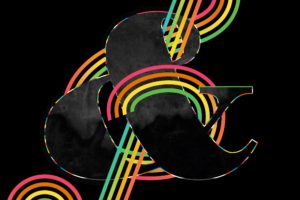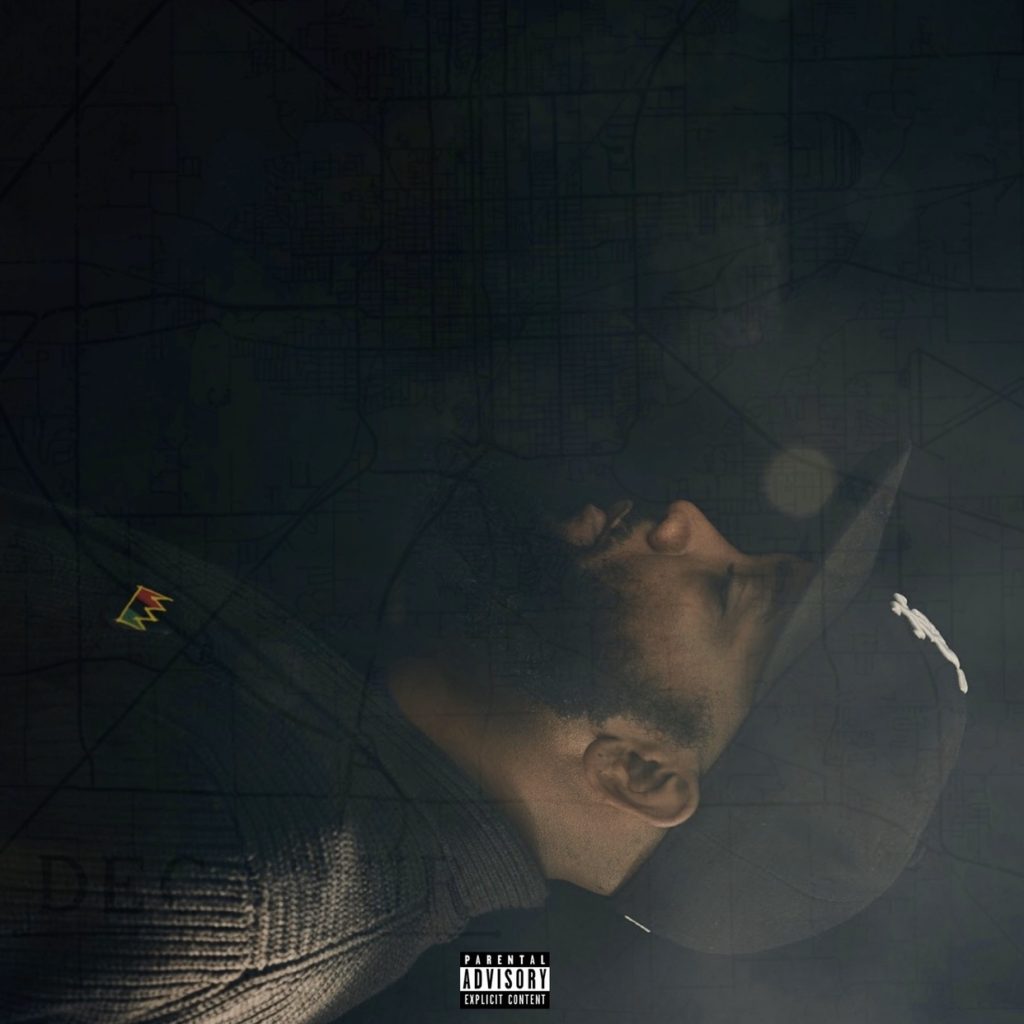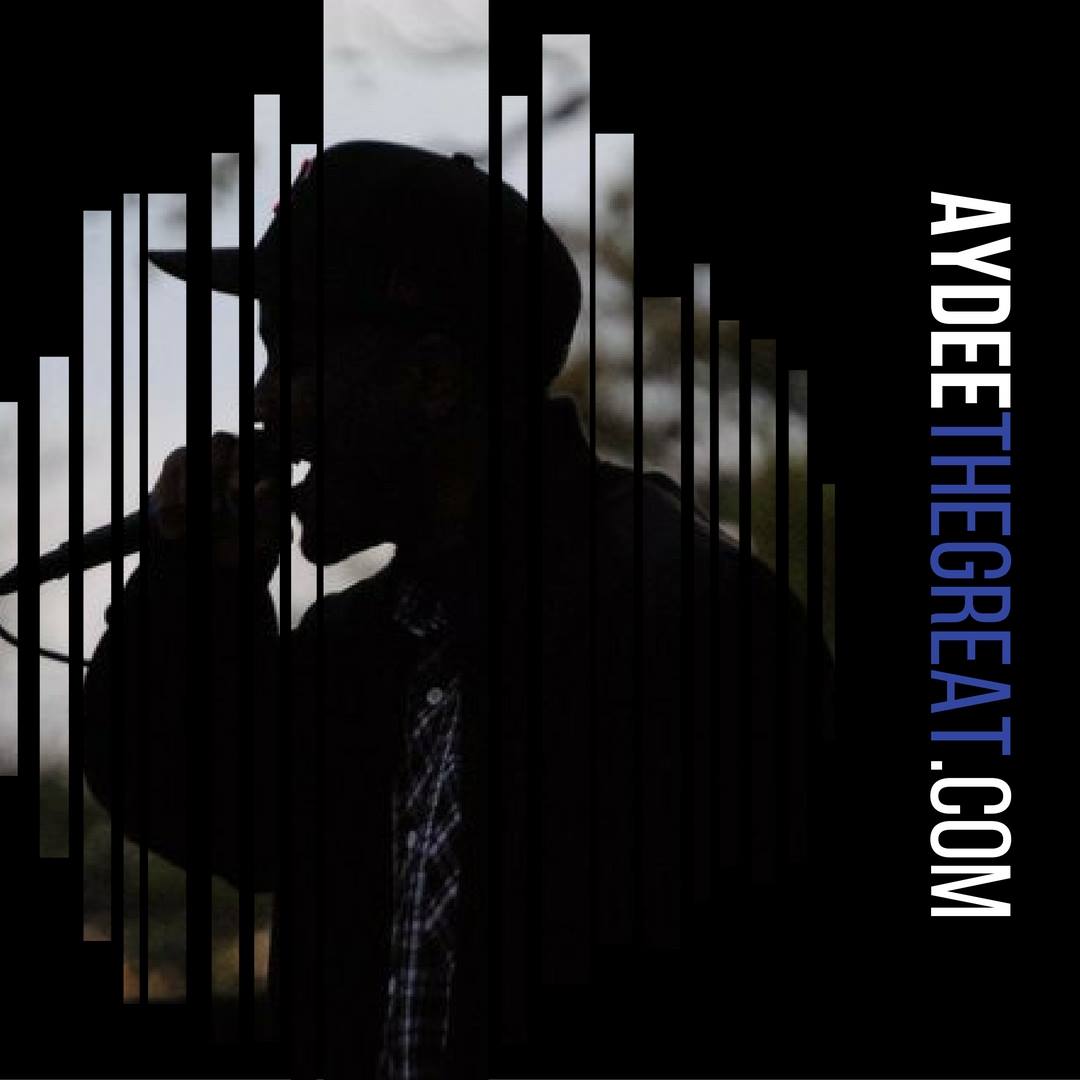04 Apr Ampersand | On Words – UVA Today
Here’s the song itself. Take a listen.
Editor’s note: Welcome to the latest installment of “On Words,” an occasional series in which faculty members write about evocative words and phrases. A.D. Carson, assistant professor of hip-hop and the Global South, writes about “ampersand,” which is represented by this symbol: &. Here, too, he makes the world debut of his new song of the same name. If you like this, subscribe to our “On Words” newsletter.
The symbol for ampersand, “&,” is derived from the Latin word “et,” which means “and,” written in cursive, connecting the letters e & t. The meaning of the symbol remains. In the early 1800s, schoolchildren concluded their recitations of the ABCs with “&,” as it was part of the English alphabet. Rather than say, “X, Y, Z, and,” the students avoided confusion by saying a version of the phrase, “X, Y, Z, and by itself and.” The words “by itself” were delivered in Latin, as “per se.” Thus, the phrase was delivered, “and per se and.” The & symbol predates the word we use to describe it by more than 1,500 years. “Ampersand” is an example of a mondegreen, which is defined as a misunderstood or misheard word or phrase that results from nearly identical sounds. A listener hears a poem or song lyrics & substitutes a word or phrase that sounds similar to make sense of it.
“Ampersand” is the title of the second song on my new album, I Used to Love to Dream. The track is produced by Marcus “Truth” Fitzgerald. The combination of history, meaning, interpretation & naming make the ampersand fascinating to me. In the context of writing this collection of songs, it feels like a metaphor. It is a symbol, a character that was & still does exist currently & not simply as a remainder, or an addition, or a reminder. It continues to hold meaning; to connect sentences & phrases; to link pasts, presents & futures together; to suggest possibility. Its composition reflects what it was & what it is. What it will be remains to be heard. How we describe it has much to do with how we listen to it & how we choose to make sense of it.
In recent years I have written three albums in Charlottesville, Virginia, & a dissertation album & digital archiving project at Clemson University in South Carolina. Each of those albums, in some manner or another, describe what life was like in those towns – places I lived, with varying degrees of discomfort calling either home.
Home, for me, is a small town of about 70,000 people in the middle of Illinois called Decatur. It’s probably best known as “The Soybean Capital of the World” because of the history of major grain processing companies there, or “the original home of the Chicago Bears.” Decatur is the current home of most of my family & many friends. It is also the home of my alma mater, Millikin University. Decatur ranked seventh nationally in USA Today’s 2019 “America’s Fastest Shrinking Cities” poll & was listed No. 7 for their “15 Worst Cities for Black Americans” in 2018.
My forthcoming album, I Used to Love to Dream, also connects pasts, presents, & futures. It will be the first rap album published by University of Michigan Press. In fact, it will be the first peer-reviewed rap album published by any university press. In addition to writing about Decatur, I attempt to describe other places & spaces where I’ve lived, studied & created. The project is also about the distance I feel between the past & the present. I took drafts of the songs to the National Arts Festival in Makhanda, Eastern Cape, South Africa, in the summer of 2019. During the entire trip, but especially in the listening & talkback session for the in-progress album at the Black Power Station community arts space, I was constantly reminded of my discomfort in naming & claiming a place that I call home. That discomfort compelled me to finish the album once I arrived back in Charlottesville.
I began writing I Used to Love to Dream with the same desire to connect current & past sounds & experiences that have always, on some level, informed my music-making practice. With this project, though, I wanted to extend my critical analysis & reflection beyond the immediate past, as I had done in my previous two “Sleepwalking” albums, volumes one & two. I would write more personally, about where I’m from & where I’m at & what that means at this moment. The present can sometimes feel so distant from the past that I found myself worried I have no real claim to those previous stories that I have carried with me for so long. The new album is part of the ongoing work of reclaiming & the naming of then, now & what may come.

aydeethegreat.com
Yes, yes.
[1] Where I’m from, the celebrations are devastating.
Change gon’ come, but it feels like forever waiting
for that dime & nickel to make a dollar
a lot of it never makes sense.
Being easy to B&E, hope a king never leaves prints.
Invented a different life
where I take what I see,
put it on a line, then make it rhyme.
Time never makes it easier.
Leave it & let it go.
But it’s there when I close my eyes,
even more than it was before,
so I lie.
I be awake on most nights,
work in the mornings,
rehearsing purpose;
convert it to verses, merciless warnings.
It hurts, & I feel I’m torn,
even worse when it’s in a song.
& the difference between the then & the now
is it feels so wrong that I’m here.
Yet, here I am—narrator, illustrator,
pro & antagonist.
You’ll see a difference later
if you wait to hear me out.
If the mantra’s “get the paper,”
& your dogs be playing fetch,
but catchers call that misbehavior,
the paradox is apparent. I
be wondering the meaning.
Meeting me through metaphor
I be humble when I see him.
Mumbling my greetings,
staring at my feet like I be nervous.
Most evenings I be staring at a beat & seeing murder.
I was gifted as a child.
Granny listened & said it.
Told me to never bury my talents.
Give it & spread it.
Learned from her Bible lessons much more than I give ‘em credit.
So, really my synesthesia is more like a sin aesthetic.
HOOK
I be knowing I be on some shit I shouldn’t.
Lord forgive me,
but if I could change a thing I probably wouldn’t.
I be putting on a mask,
still never smile for cameras,
try to keep the hunger of an amateur,
ampersand
ample ammunition,
handle business, then get little,
plan, plot & strategize,
& look out for watching eyes,
occupy the lane I’m in,
& know that even if I signal
it’ll only change what I see in the rearview.
[2] Where I’m at
I don’t be knowing the difference between my foes & my friends.
I don’t pretend,
& I’m cool with not fitting in.
A little more than ten years of sobriety,
plus I try to be healthier.
Might as well be aware how they coincide,
if it’s better.
I be engaging with people, anxious, abstaining, &,
some days I really hate I chose therapy over Jameson.
The polar opposite of myself.
Feel like I’m barely him.
But he ain’t die, & I ain’t bury him.
The thing they call success is real elusive
used to boast about “exclusive” shit.
Truthfully, I wasn’t used to shit.
still ain’t, & still can’t decide if I be bragging cause I’m proud or ashamed.
Alcohol would chase a doubt when it came.
But now my frame of reference,
checking what’s a lesson worth the stress,
or if what I used to call hate was just depression with inflections
I externalized, accepted, then projected on competitors.
& actually, I ain’t too sure I’m better, cause …
I be knowing.
HOOK
I be knowing I be on some shit I shouldn’t.
Lord forgive me,
but if I could change a thing I probably wouldn’t.
I be putting on a mask,
still never smile for cameras,
try to keep the hunger of an amateur,
ampersand
ample ammunition,
handle business, then get little,
plan, plot & strategize,
& look out for watching eyes,
occupy the lane I’m in,
& know that even if I signal
it’ll only change what I see in the rearview.
In Decatur they say, “the family that plays together stays together.”
Out in the city’s playfields…




No Comments